Article created by: Denis Krotovas
The key contribution of healthcare professionals to society’s well-being is something that most would agree on. And while the majority of people have visited hospitals on occasions varying from the birth of a child to a life-saving operation, there are many things that patients and visitors tend to not know about.
Healthcare workers from institutions that provide medical and surgical treatment are addressing the lesser-known side of hospitals by answering one Redditor’s question: “Hospital workers, what happens there that’s hidden but that we should know about?”
More info: Reddit
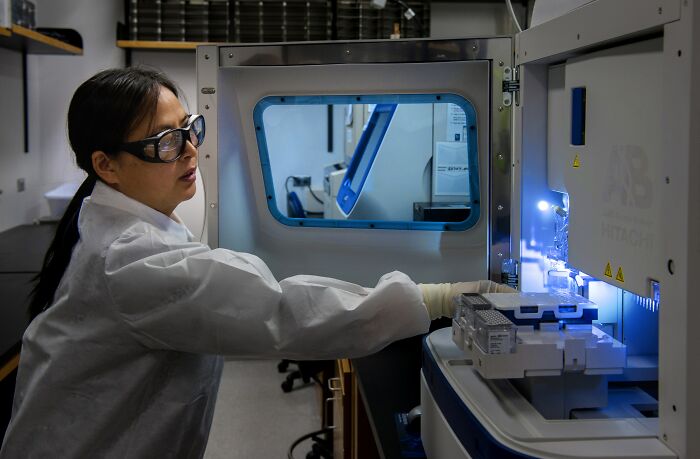
A hospital without a lab is just a bunch of people guessing. A hospital without a lab is a collection of doctors’ offices.
Think about that for a moment.
The lab is not where they draw your blood. The lab is where that blood is sent to have various tests. Each color tube does something very specific. Those tubes need to be filled to a certain amount. They need to be drawn in a certain order to keep contamination from causing issues. Sometimes, they even need to be drawn from certain places.
The lab takes your blood, sweat, urine, fluid drainage (from cysts, wounds, around your heart/lungs/liver, brain, etc.), nose swabs, cheek swabs, feces, tumors, removed organs and appendages, growths, and many other unwanted parts and fluids. The lab knows that you eat too much sugar, you lie about that cigarette you enjoy every day, and that you need to stop taking so many over-the-counter pain relievers.
The lab knows when you have chemotherapy. The lab watches your platelet count go down. The lab knows about the deletion of that one gene or the doubling up of another. The lab ran your PCR COVID test and saw you become a statistic. They then asked a blood donor program to hit you up for COVID convalescent plasma, so that you might save a life.
The lab monitored your time on the heart-lung machine. The lab knew when you needed platelets and blood.
The lab saw your lupus diagnosis first. The lab was nearly as upset as you were about it.
The lab was overjoyed when they got the news to pass along to your doctor that the stem cells came in for your bone marrow replacement.
Nurses and doctors see you face to face, but the lab knows you from your insides. The lab is faceless to almost everyone in the hospital (even other staff), which is a shame because the lab is cheering you on in your recovery.
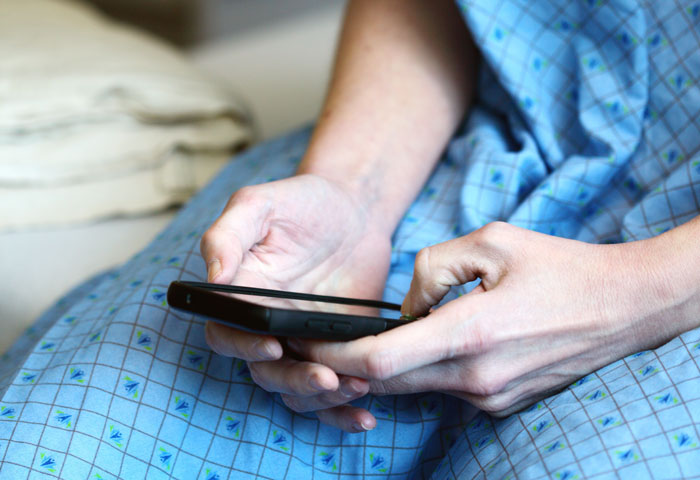 If you sit there on your phone the whole time the mother of your child is in labor such that a nurse has to step in and fulfill the supportive role instead, yeah everyone knows and you’re getting judged by the whole unit.
If you sit there on your phone the whole time the mother of your child is in labor such that a nurse has to step in and fulfill the supportive role instead, yeah everyone knows and you’re getting judged by the whole unit.
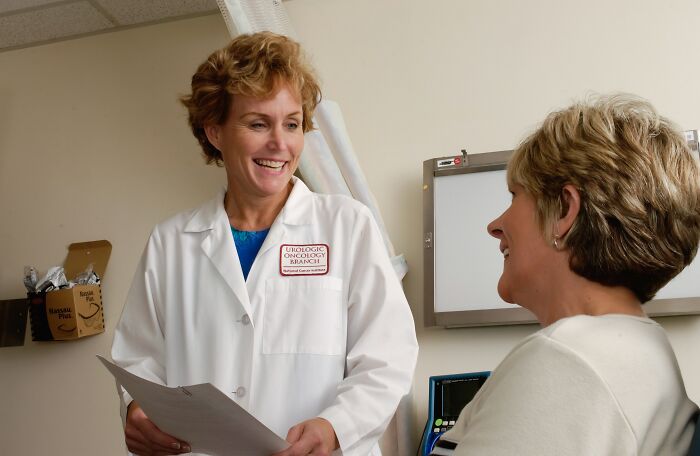 When nurses/MDs etc are laughing/joking with each other it is a coping mechanism. We aren’t trying to be rude we are compartmentalizing the trauma that we see all day every day. If we don’t lighten the load we would cry all day and never come back to work it’s literally the only way to watch a baby die and then deal with screaming karen next door with out punching them in the face.
When nurses/MDs etc are laughing/joking with each other it is a coping mechanism. We aren’t trying to be rude we are compartmentalizing the trauma that we see all day every day. If we don’t lighten the load we would cry all day and never come back to work it’s literally the only way to watch a baby die and then deal with screaming karen next door with out punching them in the face.
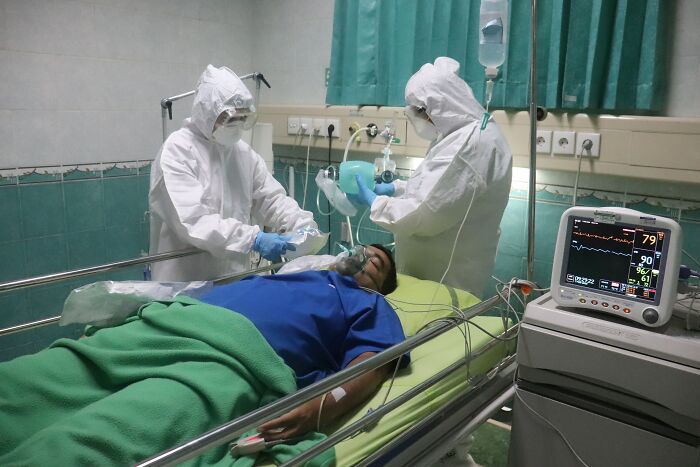 Sometimes when people die we just put an oxygen mask on them and wheel them through the corridors. Less distressing for other patients and visitors to think they are asleep rather than see a body with a sheet over it.
Sometimes when people die we just put an oxygen mask on them and wheel them through the corridors. Less distressing for other patients and visitors to think they are asleep rather than see a body with a sheet over it.
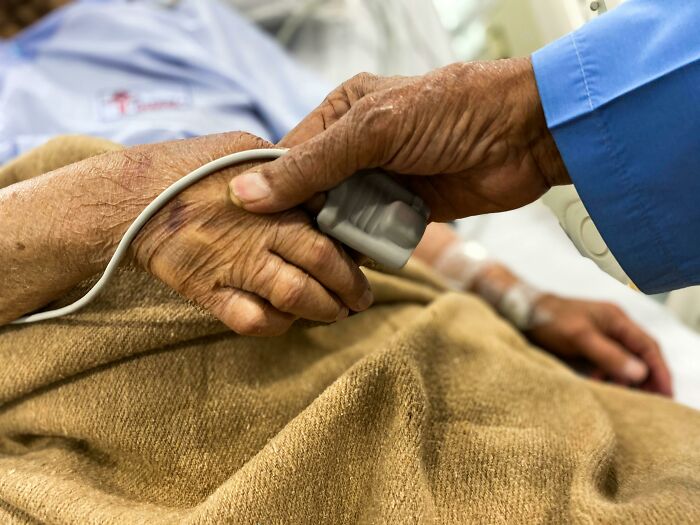 Some families reject death so much, they beg the doctors and nursing staff to do lifesaving measures on their 95 year old grandma who has cancer everywhere and is begging for death. It’s just unacceptable.
Some families reject death so much, they beg the doctors and nursing staff to do lifesaving measures on their 95 year old grandma who has cancer everywhere and is begging for death. It’s just unacceptable.
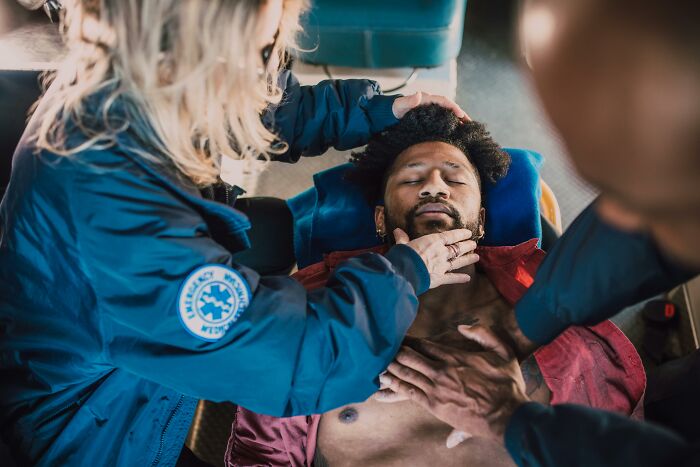 You are doing your 90 year old grandmother a great disservice by making her a full code, she will not survive CPR and her death will be significantly more traumatic because of it.
You are doing your 90 year old grandmother a great disservice by making her a full code, she will not survive CPR and her death will be significantly more traumatic because of it.
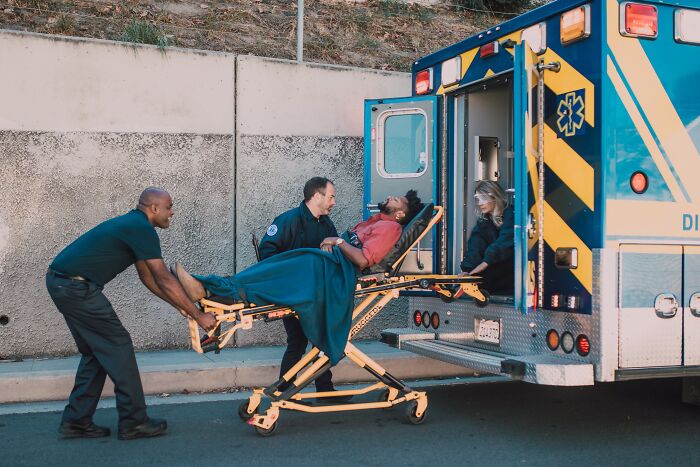 An ambulance ride is not a one way ticket to the front of the line. You still get triaged and could be rolled right to the waiting room if you’re non-emergent.
An ambulance ride is not a one way ticket to the front of the line. You still get triaged and could be rolled right to the waiting room if you’re non-emergent.
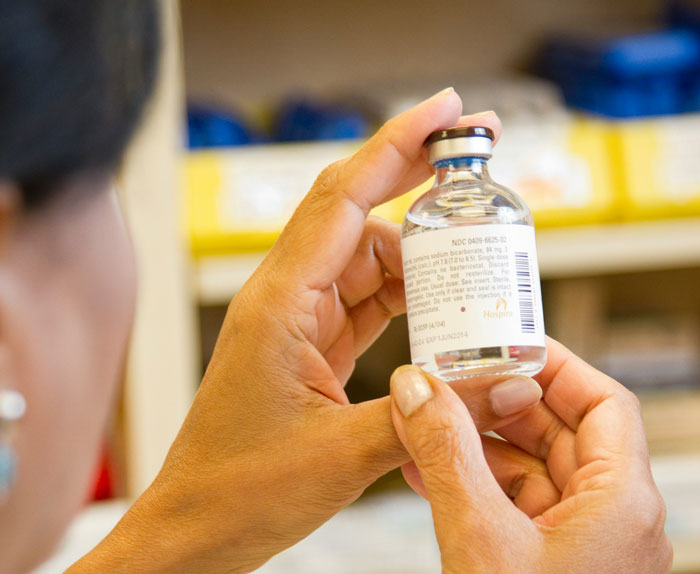 There is an army of pharmacists in the basement that approve every medication entered by every doctor, frequently catching errors that need a change in therapy (patient on dialysis can’t have x med due to toxicity risk, why is this patient on two nitrate-containing meds?, this patient is 90 and her QTc is already 500 so maybe let’s reconsider the Levaquin, this guy just got that antibiotic in surgery two hours ago so I’ll reschedule it to tomorrow, why is this patient not on blood thinners when they are at high risk for a clotting event, another doctor already ordered potassium repletion for this patient so do you want me to delete your order as a duplicate, you forgot to order a thyroid test before starting amiodarone, this person’s kidney function has stabilized so we can increase their antibiotic dose again, can I change this pantoprazole order to lansoprazole because you can’t crush pantoprazole and the patient has a G-tube, please enter an updated weight for the tiny NICU baby so I can redose all of their weight-based medications, did you really mean to order 1030 units of insulin for this patient or did you want them to get it at 10:30, etc)
There is an army of pharmacists in the basement that approve every medication entered by every doctor, frequently catching errors that need a change in therapy (patient on dialysis can’t have x med due to toxicity risk, why is this patient on two nitrate-containing meds?, this patient is 90 and her QTc is already 500 so maybe let’s reconsider the Levaquin, this guy just got that antibiotic in surgery two hours ago so I’ll reschedule it to tomorrow, why is this patient not on blood thinners when they are at high risk for a clotting event, another doctor already ordered potassium repletion for this patient so do you want me to delete your order as a duplicate, you forgot to order a thyroid test before starting amiodarone, this person’s kidney function has stabilized so we can increase their antibiotic dose again, can I change this pantoprazole order to lansoprazole because you can’t crush pantoprazole and the patient has a G-tube, please enter an updated weight for the tiny NICU baby so I can redose all of their weight-based medications, did you really mean to order 1030 units of insulin for this patient or did you want them to get it at 10:30, etc)
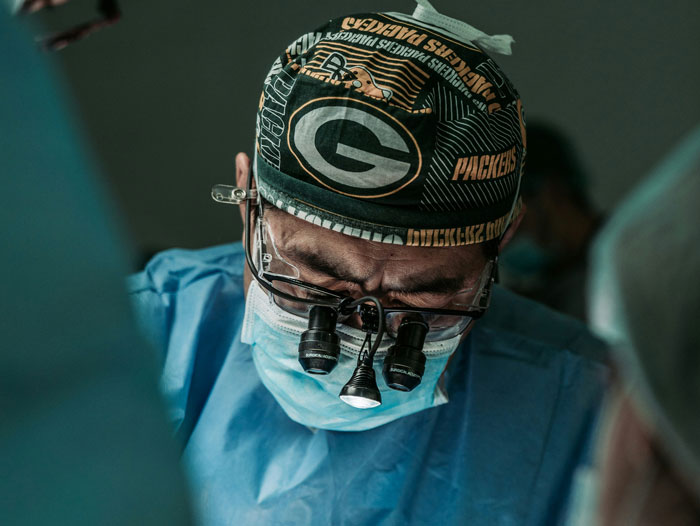 If you come into the ER drunk there is guaranteed a pool of bets on your blood alcohol level, possibly with odds if there’s a pharmacist available to do the math for us.
If you come into the ER drunk there is guaranteed a pool of bets on your blood alcohol level, possibly with odds if there’s a pharmacist available to do the math for us.
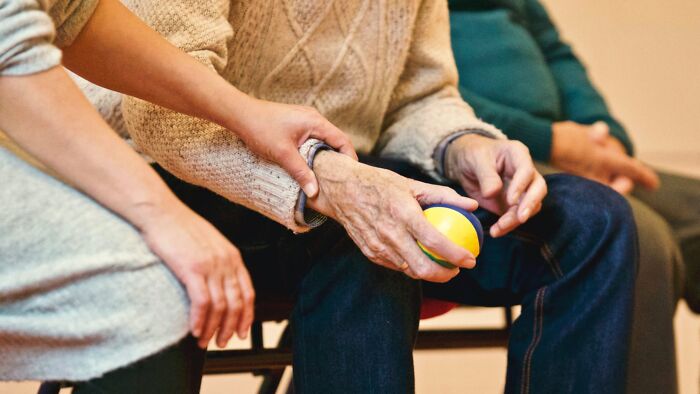 It’s not uncommon for families to abandon elderly members at the hospital. They will straight up ghost or at least will be polite enough to say they won’t give any assistance to us in placing them in a nursing home, so Adult Protective Services will get involved and make them a ward of the state. This process can take weeks to months, so these abandoned people just live in the hospital and take up the resources that could be used treating sick people.
It’s not uncommon for families to abandon elderly members at the hospital. They will straight up ghost or at least will be polite enough to say they won’t give any assistance to us in placing them in a nursing home, so Adult Protective Services will get involved and make them a ward of the state. This process can take weeks to months, so these abandoned people just live in the hospital and take up the resources that could be used treating sick people.
There are also many families that keep elderly members in unsafe living conditions so they can continue to take their Social Security checks for personal use.
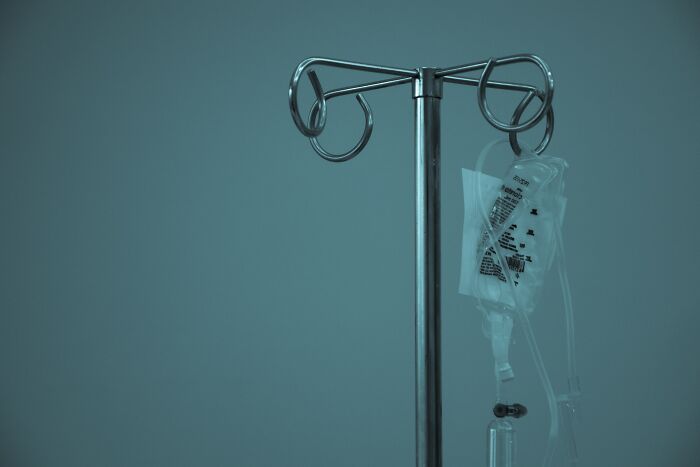 I got a fast bleep (ie. drop everything you’re doing and attend this emergency please) one night to a side room on the ward to find no patient in the bed. Was just about to leave the room and go back out to the nurses station, where there had been a bit of a hubbub when I’d dashed past the first time, when something caught my eye.
I got a fast bleep (ie. drop everything you’re doing and attend this emergency please) one night to a side room on the ward to find no patient in the bed. Was just about to leave the room and go back out to the nurses station, where there had been a bit of a hubbub when I’d dashed past the first time, when something caught my eye.
Looked up to see a face with wide, slightly wild “psych eyes” peering down at me from a gap in the ceiling tiles. She was a lady waiting for a bed in the psych hospital who’d clearly thought the ceiling was the best place to hide from the people trying to poison her.
Honestly can’t think of another occasion that I’ve been quite so terrified.
Worst thing was that I had to walk (well, dash) back out underneath her to get help from the nurses and security to get her down.
 That patient families will do anything to keep the patient alive for their own comfort instead of abiding by the doctors orders. For example: feeding an intubated patient a hamburger because “he’s hungry” when they are already getting tube fed and ordered NOT to interfere with the vent or trach. This has resulted in many patient deaths than you think.
That patient families will do anything to keep the patient alive for their own comfort instead of abiding by the doctors orders. For example: feeding an intubated patient a hamburger because “he’s hungry” when they are already getting tube fed and ordered NOT to interfere with the vent or trach. This has resulted in many patient deaths than you think.
 That all the sweet treats and food you bring in for the units to eat usually only go to day shift and night shift gets left out of yummy goodness.
That all the sweet treats and food you bring in for the units to eat usually only go to day shift and night shift gets left out of yummy goodness.
 Hospital lab worker here – Not particularly scandalous, but most people don’t realise their lab tests are just very accurate guesses, and have an error range. When we say your ‘X’ is 10g/L, we might actually mean it’s 10g/L ± 10-20%.
Hospital lab worker here – Not particularly scandalous, but most people don’t realise their lab tests are just very accurate guesses, and have an error range. When we say your ‘X’ is 10g/L, we might actually mean it’s 10g/L ± 10-20%.
I see too many people get extremely worked up about small fluctuations in blood test values that aren’t actually in excess of the reference change value, and so technically aren’t genuinely different from a previous value.
EDIT: If you’re interested, have a little play with [this tool]( to see how variability affects things!
DOUBLE EDIT: Also, inter-lab variability is a big problem! [Check out this inter-lab comparison data for oestradiol]( Identical copies of 3 samples sent to 230 labs around the UK and tested using all our various different machines. As you can see, none of us could agree on an answer, only that the true value was ‘*Somewhere between 100 and 200, probably about 130*’.


0 Comments